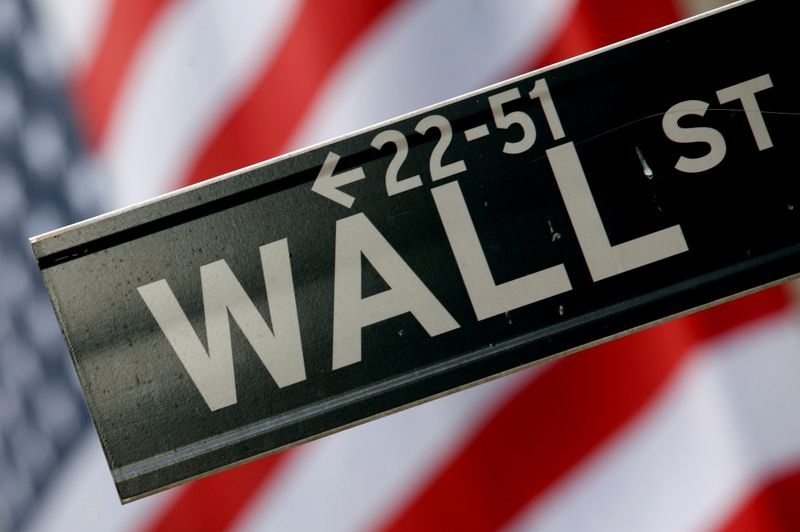By Geoffrey Smith
Investing.com -- U.S. stock markets opened mixed on Friday, reverting back to the pattern of tech underperformance after a volatile week in which fears about rising long-term interest rates have refused to go away.
The yield on the 10-year bond yield was the center of attention again in early dealings, rising to 1.62% after U.S. producer prices rose at their fastest rate in over two years in February. That followed data on consumer inflation earlier this week that suggested prices were still very much under control.
By 9:45 AM ET (1445 GMT), the Dow Jones Industrial Average was up 132 points, or 0.4% at 32,618, a new all-time high. The S&P 500 was down 0.3% but the NASDAQ Composite was down 1.3%, albeit coming off its opening lows. The Nasdaq had risen more than 2.5% on Thursday.
Some of the biggest moves in early trade were by the ADRs of China's tech megacaps, which were the target of a raft of antitust fines handed out by China's regulators overnight. Although the fines were insignificant in their size, they were seen as a fresh sign of Beijing wanting to exert more control over a sector whose economic importance and financial clout pose a potential challenge to the authority of the Communist Party.
Tencent Holdings (OTC:TCEHY) ADRs fell 7.5%, while Baidu (NASDAQ:BIDU) ADRs fell 3.6% and Alibaba (NYSE:BABA) fell 3.8%, the last of those also being affected by news that Simon Hu, the CEO of Alibaba affiliate Ant Group, had resigned for personal reasons, only a couple of months after regulators derailed the financial services group's planned IPO.
Elsewhere, Ulta Beauty (NASDAQ:ULTA) stock fell 11% after it said after the close on Thursday that CEO Mary Dillon will be stepping down in June, to be replaced by company president Dave Kimbell. A pandemic-driven 4.6% decline in sales in the final quarter of the year also hurt. E-commerce company Poshmark (NASDAQ:POSH) stock also fell 18% after its first results as a public company disappointed.
The rise in interest rates continued to support financial stocks, with Citigroup (NYSE:C) stock and Wells Fargo & Company (NYSE:WFC) stock both rising to their highest in over a year, while Bank of America (NYSE:BAC) stock rose 1.8% to its highest since 2009. The market also rewarded those were seen to be meeting their borrowing requirements now before rates rise any further. American Airlines (NASDAQ:AAL), which issued some $10 billion in debt at various maturities earlier this week to repay its government aid, rose 4.4% to a 13-month high. Verizon (NYSE:VZ), which launched a $25 billion debt sale on Thursday to pay for 5G spectrum, rose 1.1%.
However, the rise in rates also continued to punish loss-making startups with a weaker near-term cash flow profile. Roblox (NYSE:RBLX), which went publiic to much fanfare earlier in the week, fell 4.9%.
